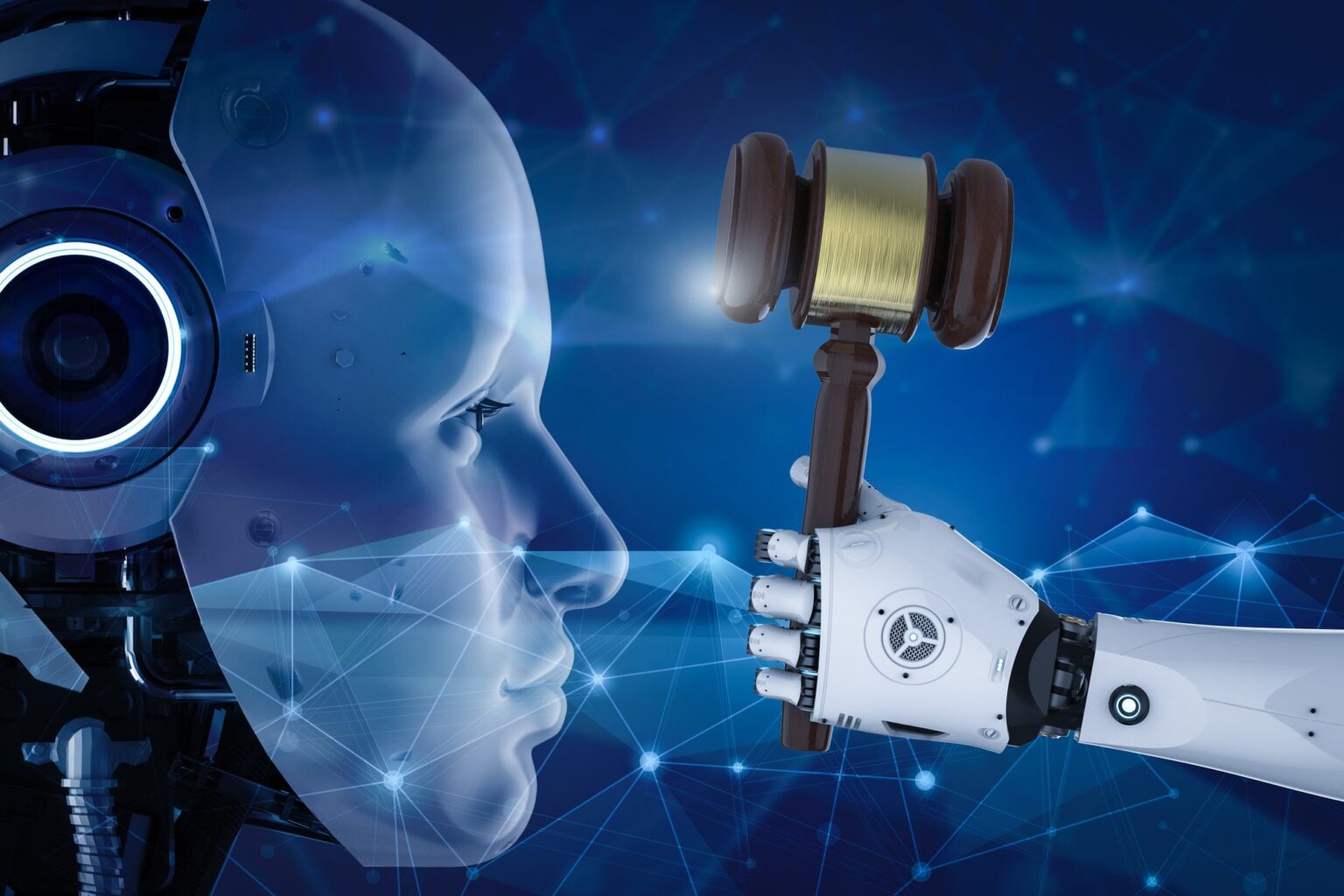Artificial intelligence (AI) is transforming the field of law by automating and enhancing various legal processes. In particular, AI is revolutionizing legal research and document analysis, making these tasks more efficient and accurate. Here’s how AI is transforming these areas:
- Legal Research: AI-powered tools can analyze vast amounts of legal documents, court cases, statutes, and regulations to provide comprehensive and relevant information for legal research. Natural language processing (NLP) algorithms enable AI systems to understand and interpret legal texts, helping lawyers find relevant case law, precedents, and legal arguments quickly and efficiently. AI-powered legal research platforms can save significant time and improve the accuracy of legal research.
- Document Analysis and Due Diligence: AI can automate the analysis of legal documents, contracts, and agreements. By using machine learning algorithms, AI systems can extract and classify key information from legal documents, such as clauses, parties involved, dates, and obligations. This streamlines due diligence processes, contract management, and compliance tasks. AI can also identify potential risks, anomalies, or inconsistencies in legal documents, aiding in decision-making and risk assessment.
- Predictive Analytics: AI algorithms can analyze historical legal data and predict outcomes or trends. For example, AI can analyze previous court cases with similar facts and legal arguments to predict the likelihood of success in a particular case or estimate potential damages. This helps lawyers and clients make informed decisions, manage expectations, and strategize more effectively.
- Legal Assistance and Chatbots: AI-powered virtual legal assistants and chatbots can provide basic legal guidance, answer common legal questions, and assist with simple legal procedures. These AI systems use natural language processing to understand user inquiries and provide relevant information or advice. Legal chatbots can offer 24/7 support, save time for legal professionals, and improve accessibility to legal information for the general public.
- E-Discovery: AI technology can significantly improve the process of e-discovery, which involves identifying, gathering, and analyzing electronic information for legal proceedings. AI-powered e-discovery tools can efficiently sift through large volumes of digital data, such as emails, documents, and communications, to identify relevant evidence and streamline the discovery process. AI algorithms can prioritize and categorize documents based on their relevance, reducing the time and cost associated with manual review.
- Contract Analysis and Review: AI can automate contract analysis and review by extracting key information, flagging potential issues, and comparing contracts against predefined templates or legal standards. AI-powered contract analysis tools can identify clauses, terms, or obligations that may require attention, ensuring compliance and reducing the risk of errors or omissions.
It is important to note that while AI offers significant advantages in legal research and document analysis, it is not a substitute for human legal expertise. AI systems provide powerful tools that assist legal professionals in their work, but human interpretation, judgment, and ethical considerations remain essential in the legal field. The collaboration between AI and legal professionals can enhance efficiency, accuracy, and overall legal outcomes.



